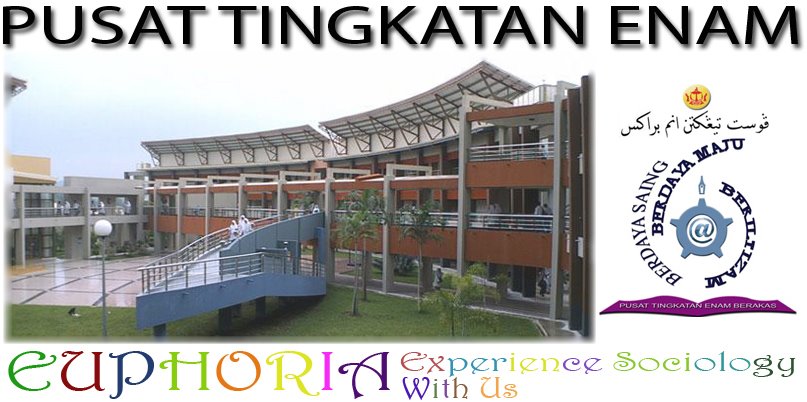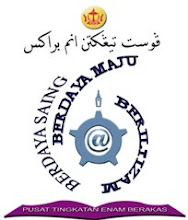Unit 1: The Sociological Perspective
This unit introduces candidates to key concepts and theories associated with a sociological
understanding of human behaviour. The aim is to begin to explore the nature of sociological
enquiry and the insights it provides into the relationship between individuals and social
structures.
1. The Study of Sociology
- Sociology as a reasoned and rigorous study of social life.
- The relationship between sociology and other social science subjects.
- Sociology as a science: positivist, interpretivist and post-modernist perspectives.
- The uses of sociological knowledge; the role of values in sociology.
- Sociology and social policy; the differences between sociological problems and
social problems.
2. The Individual and Society
- Structuralist and interactionist views of the relationship between the individual and
society.
- Biological, psychological and social elements of human behaviour.
- The arguments and evidence used by sociologists to support the claim that human
behaviour is determined largely by social factors.
- The diversity of human behaviour and cultural variation.
- The nature of social order, social control and social change.
3. Socialisation, Culture and Identity
- The processes of learning and socialisation; how the individual becomes a
competent social actor.
- Agencies of socialisation: family, education, peer group, mass media, religion.
- Culture, roles, norms, values, beliefs, ideology and power as elements in the social
construction of reality.
- Conformity and non-conformity; theories of sub-culture, youth sub-cultures and mass
culture.
- The social construction of the concept of age; awareness of contrasting notions of
childhood, adolescence and old age in different societies.
- Social class, gender and ethnicity as elements in the construction of social identities.
- Theories of culture and identity with reference to modernism and post-modernism.
Unit 2: Sociological Methods
This unit introduces candidates to the basic concepts and issues in research design and
evaluation. The aim is to promote awareness of the grounds on which it is appropriate for
sociologists to claim that their findings are truthful and worthwhile.
1. Methods of Research
- The distinctions between primary and secondary data and between quantitative and
qualitative data.
- The different quantitative and qualitative methods and sources of data, including
questionnaires, interviews, observation techniques, experiments, longitudinal
studies, case studies, content analysis, semiology, documents and official statistics.
- The stages of research design: deciding on research strategy; formulating research
problems and hypotheses; sampling and pilot studies; conducting the research;
interpreting the results and reporting the findings.
2. Theory and Methods
- The relationship between theory and methods; positivist and anti-positivist
approaches.
- The theoretical, practical and ethical considerations influencing the choice of topic,
choice of method(s) and the conduct of research.
- The strengths and limitations of different sources of data and methods of research.
- Validity, reliability, objectivity and representativeness as key concepts in assessing
the value of different methods of research.
- Triangulation and methodological pluralism.
Unit 3: Social Differentiation and Stratification
This unit examines the underlying processes which shape the life chances of individuals and
groups. The aim is to identify and explain the level and pattern of inequality in contemporary
societies in relation to three main categories of social stratification: social class, gender and
ethnicity. Interconnections between these different aspects of social stratification should be
emphasised. Candidates should also study ways in which differences and inequalities are
created, recreated and sustained over time by social action and by social structures.
1. Social Class
- Theories and models of social class; Marxist, Weberian, functionalist and postmodernist
approaches; the relationship between occupation and social class.
- The changing nature of the working class, middle class and upper class.
- Social class and life chances; the impact of social class on employment
opportunities, health, status and lifestyle; the meritocracy thesis critically examined.
- Inequalities of income and wealth; the relationship between economic and political
power.
- The nature, extent and significance of social mobility in different societies; ascribed
and achieved status and their links with traditional societies and modern industrial
societies respectively.
- Different explanations of the distribution, existence and persistence of poverty.
2. Gender
- Theories of gender difference; functionalist, Marxist, and the various feminist
approaches; biological, psychological and social elements of sex and gender
differences.
- Gender socialisation in the family, education, employment and the mass media;
masculinity and femininity as social constructs; patriarchy and male power.
- Gender differences in occupations and rewards; changes in the social position of
women; the impact of equal opportunities policies.
3. Ethnicity
- Definitions of race and ethnicity, including cultural, religious and national identity.
- Forms of racism; theories of racial discrimination and prejudice.
- Patterns of racial and ethnic inequality in employment, health, status, housing and
lifestyles.
- The impact of race relations policy and legislation against racial discrimination.


0 comments:
Post a Comment